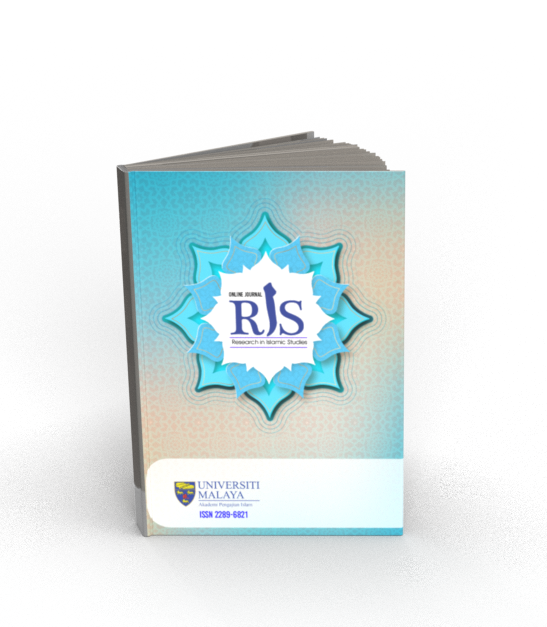Main Article Content
Abstract
In recent times, Feminism is said to be the movement to end women's oppression. Muslim feminism emerged as a challenge to patriarchy in Muslim societies in support of Western feminism. The discourse on Islamic feminism has generated an ideology that many young Muslim women have misconstrued because Islam is seen as the main factor in the subjugation of women in the world. Thus, this paper examined the complex relationship between Islam and Western feminism theories and their implications on contemporary Muslim women. The methodologies adopted are analytical; which aided in analyzing misconceptions of Islam and feminism and the view of Bint Al-Shāṭi on feminist interpretations, historical which was used in accounting for the biography of Bint Al-Shāṭi and the phenomenological method which was used to relate the discussion to contemporary society. The findings of the research revealed that there is a primary difference between a secular Muslim feminist and an Islamic feminist. It also revealed that Muslim women have been lost in the hands of erroneous interpretations by Muslim feminists while seeking to westernize gender equality, freedom, and liberation using a feminist perspective in re-reading the Qur’ān. The paper concluded that gender equity, women's emancipation and freedom have been an integral part of Islamic history. It therefore recommended that Muslim women should rediscover the true meaning of Islamic teachings on gender equity, gender justice, gender sexuality, women's dress, and patriarchy, among others that have been lost at the hands of erroneous interpretation. It also recommended that Muslim women should do away with the spirit of the inferiority complex that has been proposed by the Western feminism theory.
Keywords
Article Details
Copyright (c) 2024 Online Journal of Research in Islamic Studies

This work is licensed under a Creative Commons Attribution-NonCommercial 4.0 International License.
Copyright Notice
By submitting manuscripts to the Online Journal of Research in Islamic Studies (RIS), authors agree to transfer copyright to the journal. However, authors may republish their work or grant others permission to republish it; in which case it should be accompanied by a proper acknowledgment that the work was originally published in the Online Journal of Research in Islamic Studies (RIS). The journal adopt CC-BY-NC licence which authors may also share and distribute their article anywhere of non-commercial website, social media and repositories immediately on publication.
Authors may also reuse the Abstract and Citation information (e.g. Title, Author name, Publication dates) of their article anywhere at any time including social media such as Facebook, blogs and Twitter, providing that where possible a link is included back to the article on the journal site.
